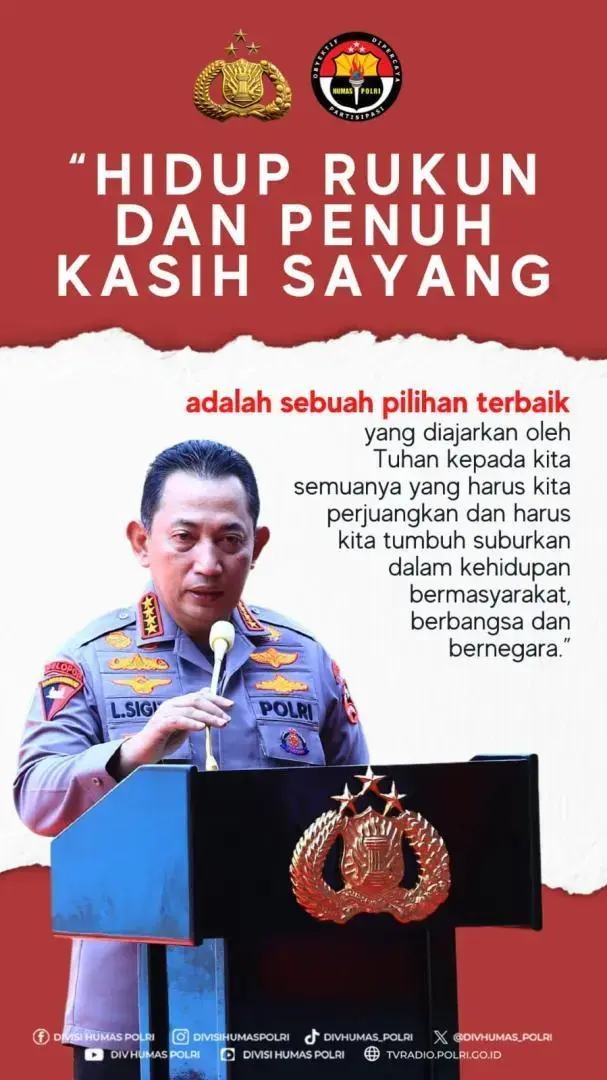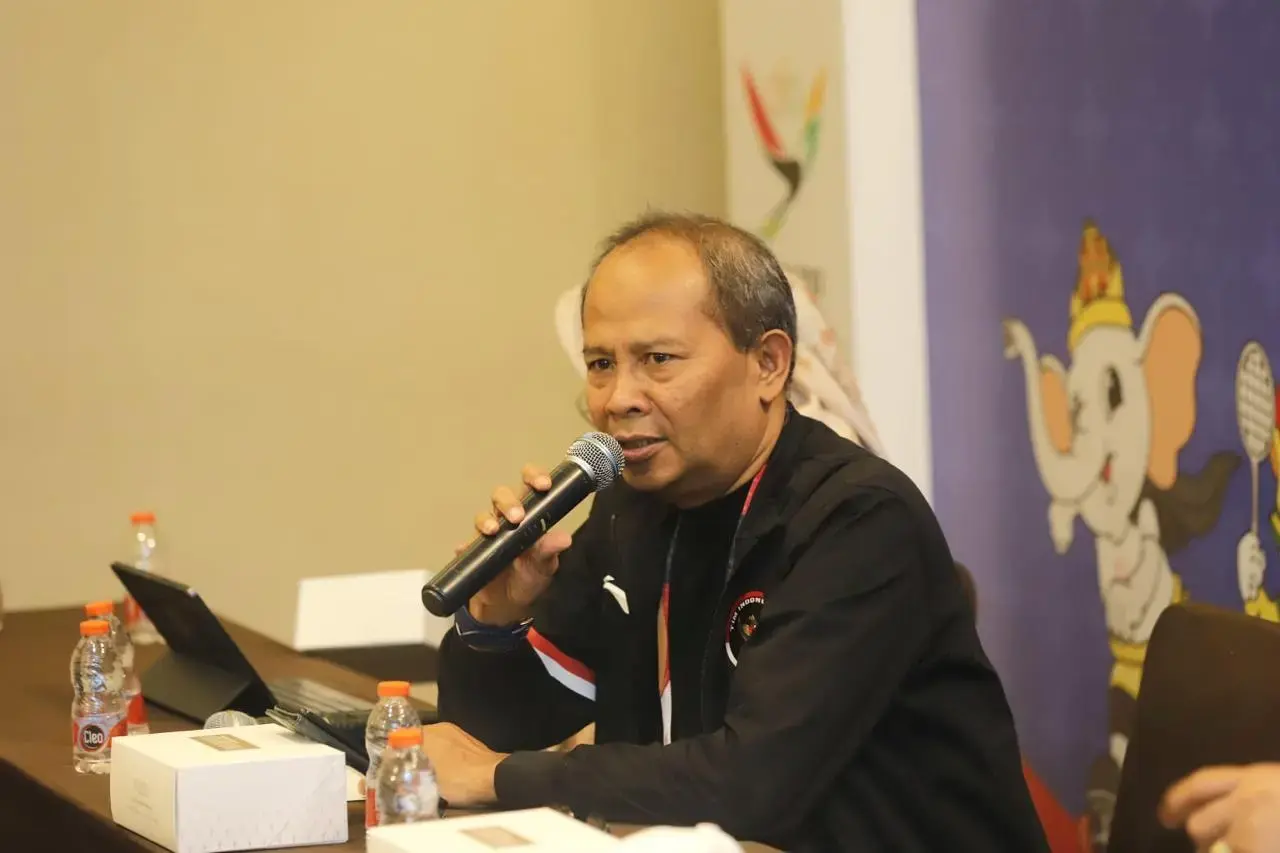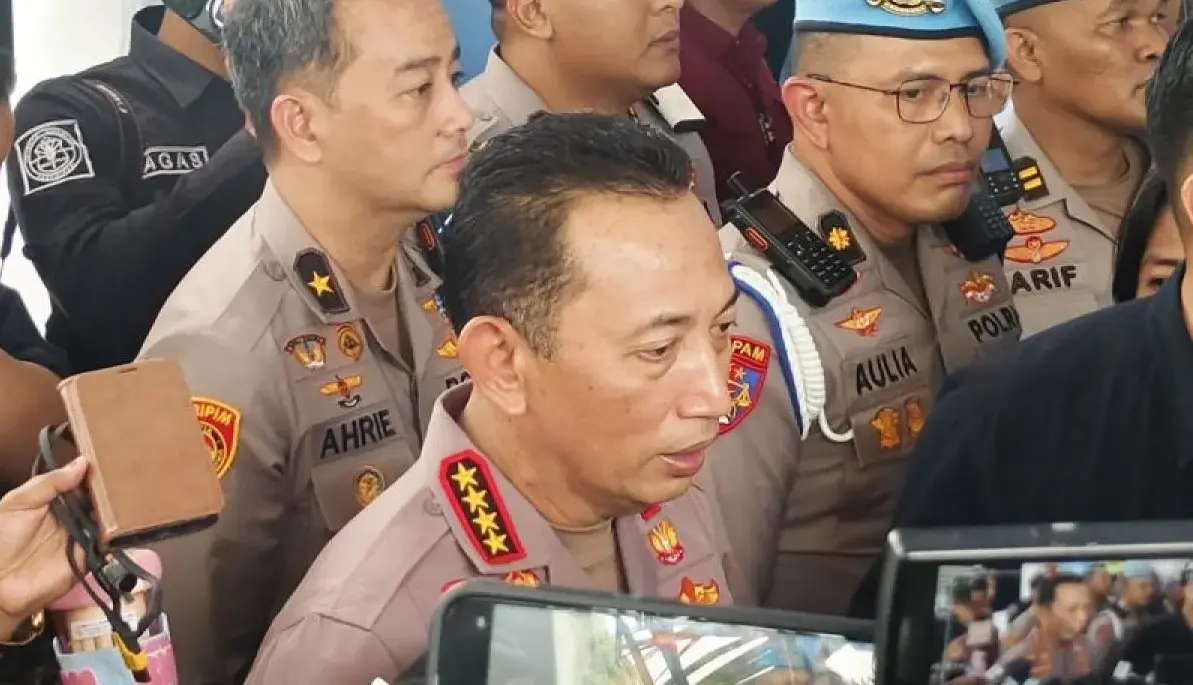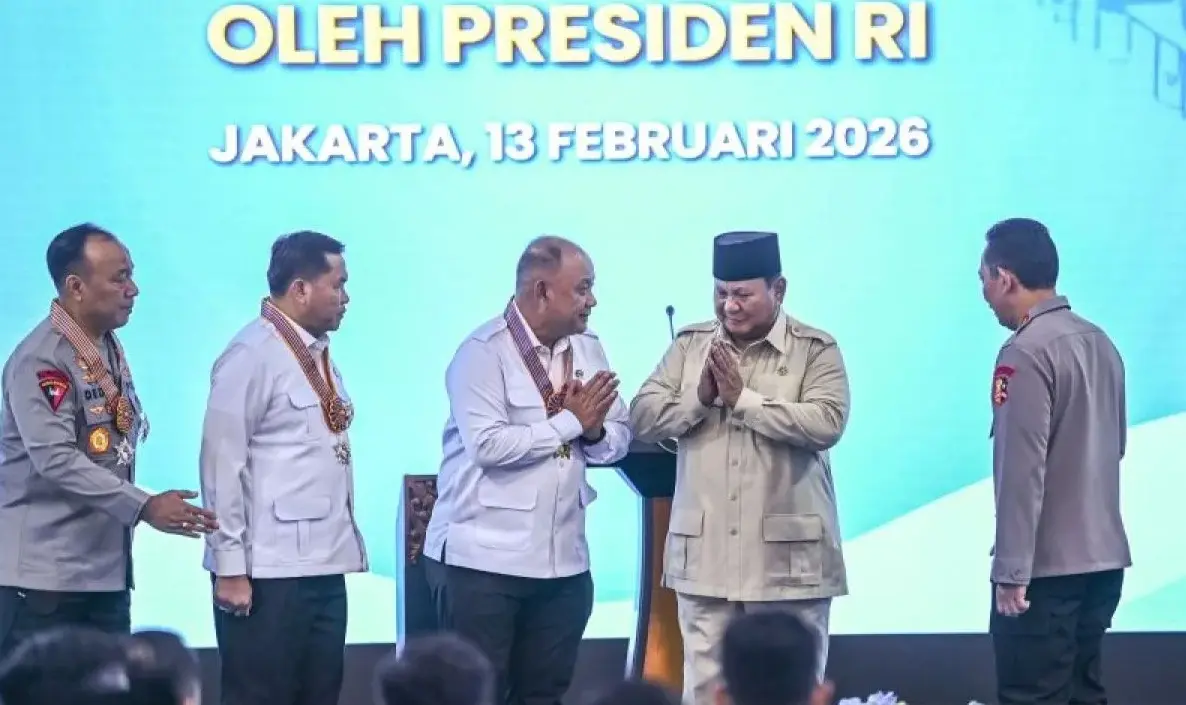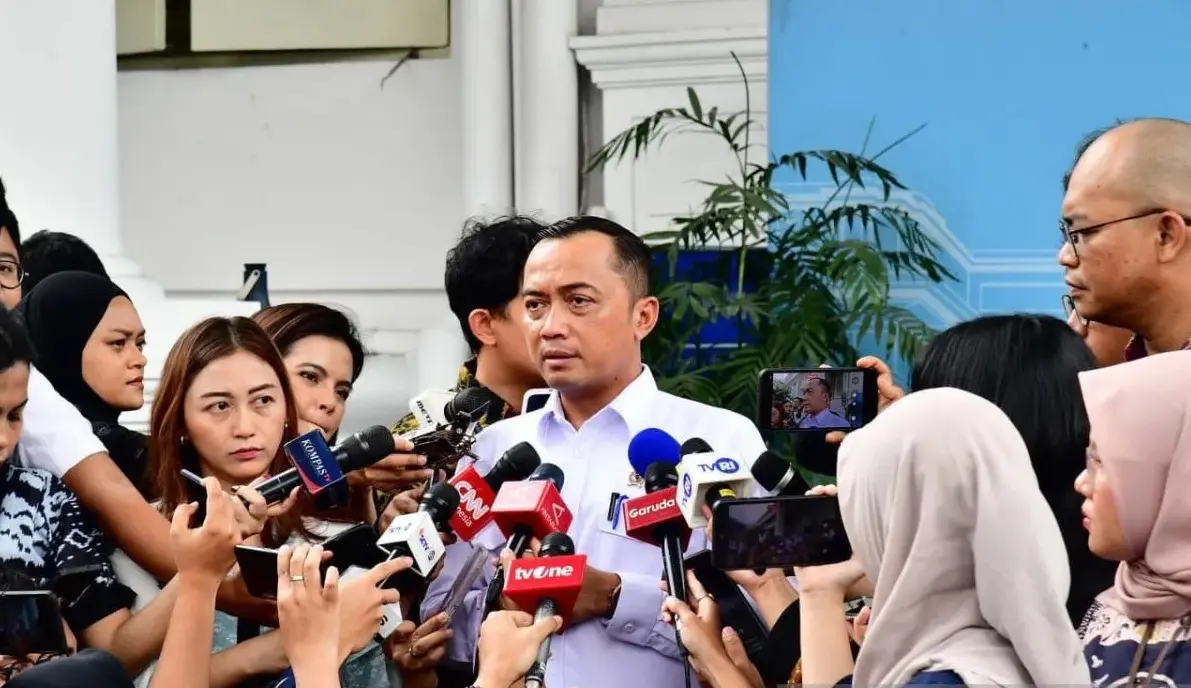inp.polri.go.id - Jakarta. ASEAN is endowed with abundant natural resources that are critical to global decarbonization efforts and this positions Southeast Asia as a key player in the global energy transition. As one of the ASEAN countries, Indonesia has long been an energy exporter, supplying coal and natural gas to the world. However, as the world shifts towards a low-carbon future, Indonesia must also shift to becoming a major exporter of renewable energy.
Coordinating Minister for Maritime Affairs and Investment (Menko Marves), Luhut B. Pandjaitan explained that one of the renewable energies that has great potential in Indonesia is solar power which is estimated at around 3,300 GW.
"This is not only to decarbonize Indonesia but also to contribute to the global energy transition," said Coordinating Minister Luhut in his remarks at the Thematic Session "Decarbonization opportunities in ASEAN" at the Indonesia International Sustainability Forum 2024 in Jakarta on Friday (9/6/2024).
Furthermore, Coordinating Minister Luhut explained that Indonesia has also collaborated with Singapore in green electricity trading. "This will open up investment of around USD 30-50 billion in solar power generation and solar photovoltaic (PV) manufacturing," explained Coordinating Minister Luhut.
In the transportation sector, Indonesia has launched several incentive programs for electric vehicles. Between 2022 and 2024, Indonesia is doubling sales of battery electric vehicles (BEVs), attracting around USD 10 billion in investment.
In addition, as the world's largest producer of crude palm oil (CPO) and abundant seaweed production, Indonesia has significant opportunities to explore biofuel production.
"Our vast landscape offers significant potential for nature-based carbon sinks, with the ability to reduce up to 1,860 MtCO2e through large-scale forest rehabilitation programs and a storage capacity of 400 Gigatonnes for Carbon Capture Storage (CCS)," added Coordinating Minister Luhut.
Coordinating Minister Luhut said that despite the various natural potentials that exist, Indonesia cannot carry out this decarbonization effort alone. "Collaboration is essential to ensure that the necessary technology is accessible, which drives sustainable development across the region and substantial investment is available to fund this decarbonization initiative," concluded Coordinating Minister Luhut.
(ad/ta/pr/nm)


